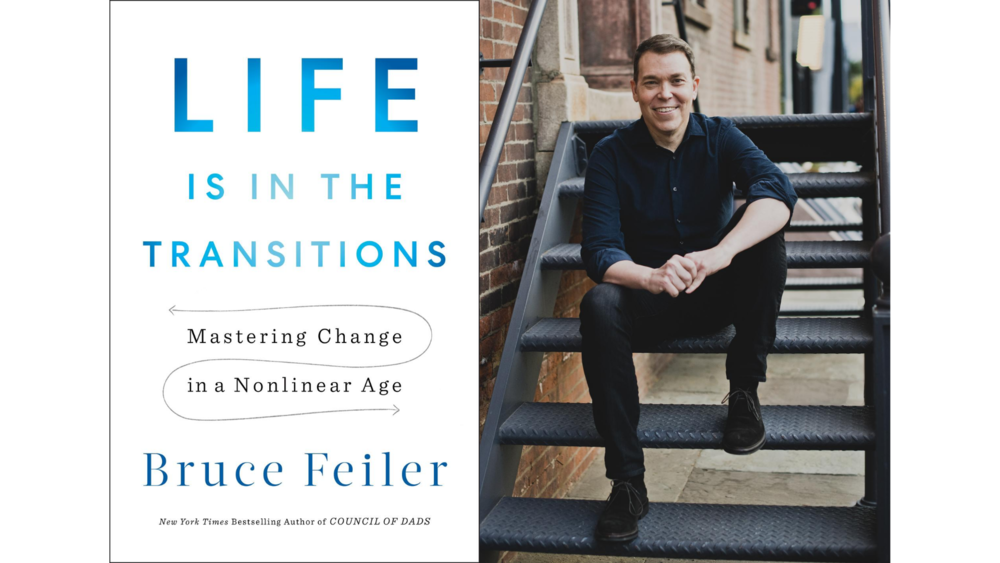
Caption
Bruce Feiler's latest book, "Life is in the Transitions," analyzes how hundreds of people across the country got through difficult life transitions, and what lessons we can learn from their experiences.
Credit: Penguin Random House / Jonica Moore


